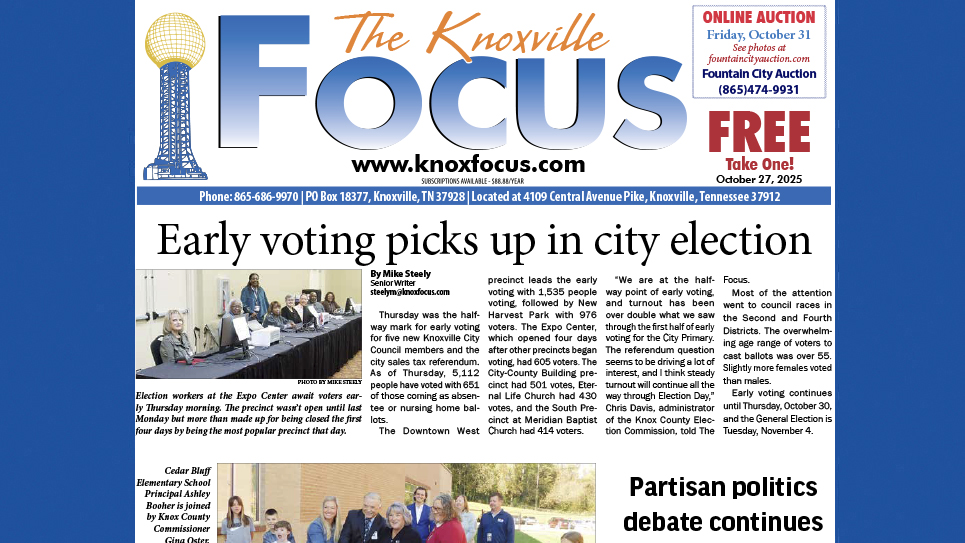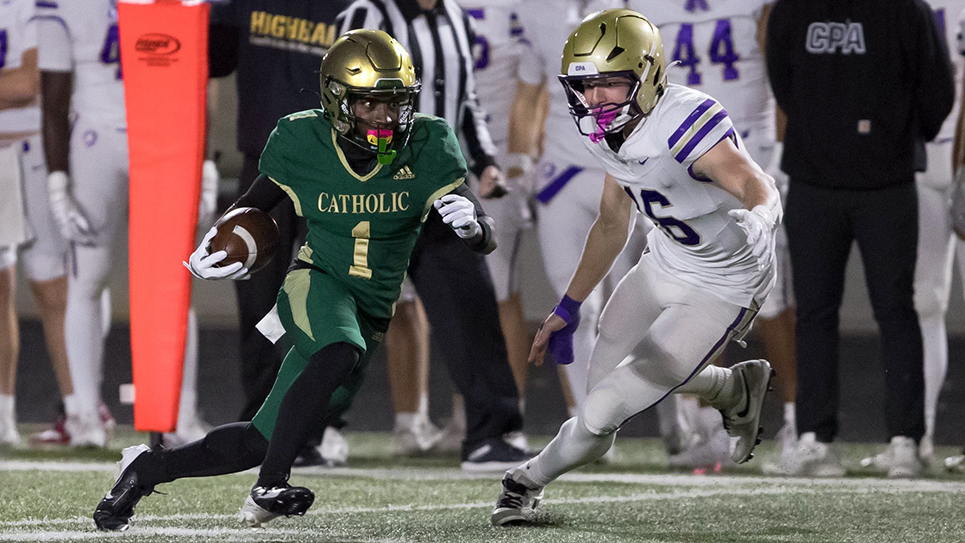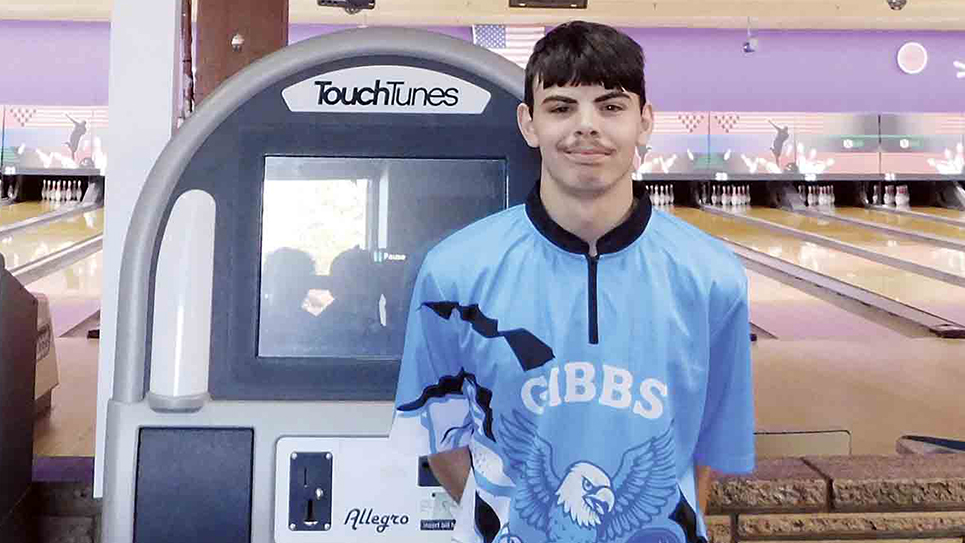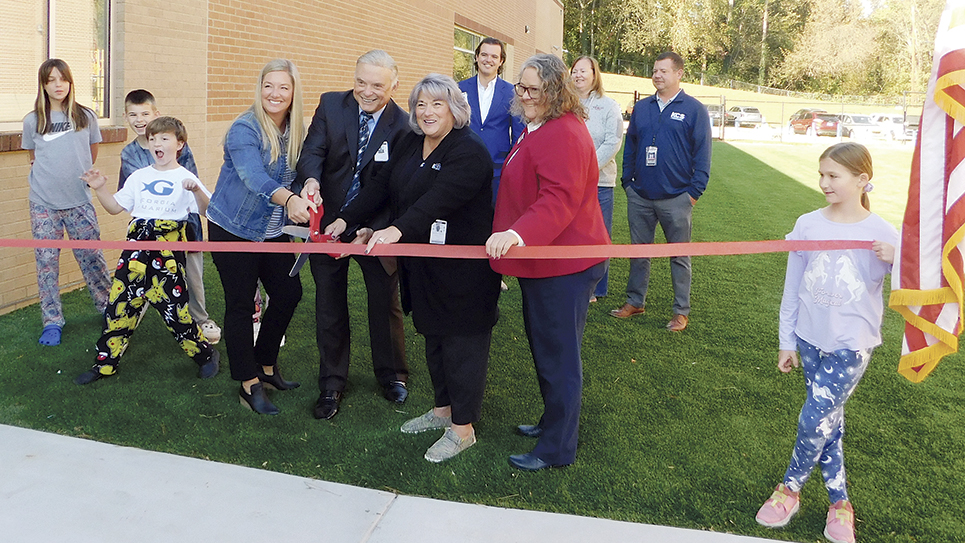‘Lindsey Nelson’s finest hour’
By Tom Mattingly
Hearing Todd Helton’s remarks on his induction to the Baseball Hall of Fame in Cooperstown, New York brought back poignant memories. In retrospect, there was another day a “Tennessee Man” had his moment in the sun there in 1988, as the sport of baseball honored its great names.
I wrote this in the late summer of 1988, when my time at Tennessee was in its infancy. I was fortunate to interview Lindsey more than once and shared a memorable lunch one day with him at the counter of Long’s Drug Store. This happens to be one of my favorite Lindsey stories.
It was July 31, 1988, at Cooperstown, N.Y., as the world of professional baseball paid tribute to Lindsey Nelson’s career in sports broadcasting. That day, Lindsey received the Ford Frick Award, given since 1978 for “major contributions to the game of baseball.”
The Knoxville Journal’s Ben Byrd called it “Lindsey Nelson’s finest hour.”
It was a high moment in a career replete with high moments, a career that established Lindsey as one of the nation’s top sportscasters.
It was all pretty heady stuff for the Giles County native, born near a place called Brownlow Creek, near Campbellsville. He grew up in nearby Columbia.
“What I remembered were the days I was first connected with baseball,” he said. “Pillow Park was where we played baseball all day until it got dark. I spent afternoon after afternoon chasing baseballs down on the banks of the Duck River.”
His acceptance speech that day was a vintage look at a tenure covering five decades, including the introduction of television, the development of the New York Mets franchise from scratch, and countless memories emanating from broadcast booths across the country and world.
It was a time of recollections, a time a broadcasting career and lifetime passed in review, a time for memories of a beloved wife, who died in 1973 in Menorca, and their daughters, Sharon and Nancy. “When I say baseball is a family sport, I speak from personal experience,” he said.
“My wife was named Mildred, but practically no one knew that. Everybody called her ‘Mickey.’ She grew up in Detroit. The Tigers were managed by a great catcher named Mickey Cochrane.”
He worked with Ralph Kiner and Bob Murphy for 17 years with the Mets. “No amount of money can replace the joy and experience of being with the Mets. Baseball has all the elements — drama, tragedy, and comedy.”
Lindsey was the consummate professional who made play-by-play into an art form. He swept awards in both radio and television. Radio-Television Daily wrote, “Seldom has a profession been so dominated by one man.”
His concluding remarks demonstrated the eloquence that won him the respect of his peers and fans alike. The voice that spanned the generations was in full flower, resplendent as always.
“The baseball story is endless and eternal. Some nights now when I’m in bed, just before I fall asleep, I can hear a voice that sounds strangely like my own. It says, ‘Hello, Everybody, I’m Lindsey Nelson, with Bob Murphy and Ralph Kiner at Shea Stadium in New York.’
“My journey has been from Columbia to Cooperstown, from the Duck River to Doubleday Park, from the mules of Pillow Park to the Mets of Shea Stadium. And to all of you I’ve met along the way, my gratitude is endless.”
In a surprise move, he left a tangible mark on the Hall of Fame. Lindsey had a collection of sports coats that were his trademark. You could never confuse any of Lindsey’s coats with anybody else’s. His were something special.
“Since my working days have ended, I really don’t need my work clothes anymore,” he said. “As a reminder, however, the Hall of Fame will receive one of the Lindsey Nelson working jackets. As a matter of fact, it’s this one.”
That said, he took it off to the cheers of the crowd.
Over the years, crowds cheered numerous times for Lindsey Nelson. Lindsey did it all, as a tutor for Tennessee athletes, soldier, announcer, husband, and father. In later years, he was a columnist for the News Sentinel and professor at the University of Tennessee. He had a seat in the Neyland Stadium Press Box.
He called the NBA “Game of the Week” for six years and NCAA football for 14 seasons on three networks, many years with Red Grange. He did baseball with Leo Durocher and Johnny Bench. He did the Notre Dame replay with George Connor and Paul Hornung. In the mid-1980s, he was the voice of college football on WTBS.
For 26 years, he was the voice of the Cotton Bowl. He did pro football and nearly everything else that came up, except professional wrestling. He once called a Mets game at the Astrodome from a broadcast location 200 feet above second base shared with television camera and monitor.
His was the mellowest of mellow baritones. Whenever sports fans heard Lindsey’s voice, whatever the sport, they knew instinctively whose it was.






